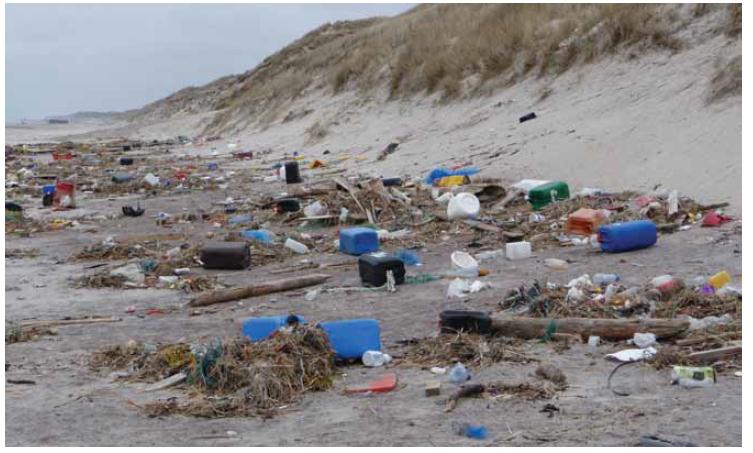The European Union is addressing the problem of marine litter through the Marine Strategy Framework Directive (MSFD), which requires Member States to monitor the state of our seas and take the measures needed to reach or maintain its ‘good environmental status’ by 2020. However, legislation alone cannot solve this problem. We all contribute to and are affected by marine litter. It is therefore crucial to engage citizens to better understand, prevent and reduce it

Although we can see that marine litter is a growing concern, EU Member States need more data to properly assess the extent of the problem. In this respect, citizens can play a major role in collecting data and information needed to support authorities to better manage and prevent marine litter.
Active participation in data collection activities can also help raise awareness among citizens and communities of environmental issues prevailing in their local area. This awareness is key to help induce sustainable practices and behaviour.
With these concerns in mind, namely filling data gaps and facilitating citizens’ engagement in environmental issues - marine litter in this case, the European Environment Agency (EEA) has developed Marine LitterWatch (MLW). MLW combines citizen engagement with modern technology to help tackle the problem of marine litter.
Marine LitterWatch: collecting beach litter data
MLW aims to collect data on marine litter on beaches relevant for the MSFD to support official monitoring, with the help of interested citizens and communities. It also allows the collection of data from non-official initiatives such as clean-ups.
MLW builds on the MSFD monitoring guidelines developed by the Technical Group on Marine Litter, a group of experts established to support the MSFD implementation. MLW depends on three key elements: organised citizen groups (the 'communities'), a mobile application and a database. Items found on the beach can be reported through surveys made with MLW app. With time, the data collected by the public should improve the understanding of marine litter distribution and composition, and thus help tackle marine litter better. See the illustration below showing the MLW concept.

Empowering communities
Many citizens and communities (NGOs, civil society initiatives) across the EU are already taking part in activities to tackle marine litter. MLW aims to enable them to participate in a European attempt to address marine litter issues. MLW also aims to inspire new communities to form. The aim is to empower citizen networks throughout Europe with MLW and help improve the evidence base needed to reach the MSFD main objective of 'Good Environmental Status' of Europe´s seas by 2020.
MLW has been developed by the EEA in collaboration with the Marine Conservation Society, the Institute for Water of the Republic of Slovenia, the North Sea Foundation and the PERSEUS FP7 research project.
MLW is available for Android devices and iPhone. It can be downloaded from the Google Play Store and App Store. MLW is free of charge.
To check frequently asked questions about Marine LitterWatch or post your questions, visit the EEA Forum. For technical support, please contact marinelitterwatch@eea.europa.eu.
You may also use #EEAMLW to follow Marine LitterWatch activities on social media.

Document Actions
Share with others